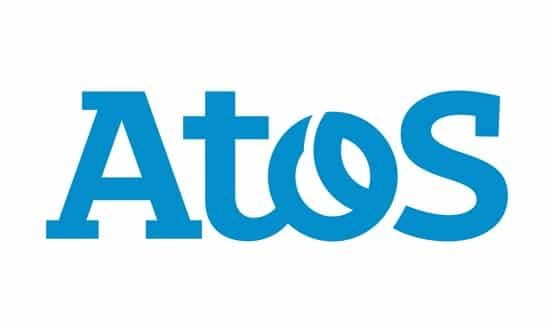Kaiser to end ‘wobbly’ medicine
- 21 April 2005
Doctors working without computerised systems are working in the “operational dark ages”, according to George Halvorson, chief executive officer of Kaiser Foundation Health Plan and Hospitals.
Speaking at the World Health Care Congress in Chantilly, France, he outlined his organisation’s $3 billion project to create a fully computerised information tool kit including an automated patient record.
He told the congress it was time for health care to stop functioning as a highly localised, unacceptably idiosyncratic cottage industry.
He said: "Health care today is inconsistent, unmeasured, sometimes dangerous, and often wasteful." He quoted a study where 135 doctors examined the same patient and recommended 82 different treatments.
Kaiser Permanente’s use of information technology to manage care for its eight million members was the model on which the last Labour government argued for the National Programme for IT.
Health care, said Halverson, needs an industrial revolution based on systems thinking, systematic use of improvement techniques, and technology.
Quality experts know that any system or machine with “wobbly” parts will get “wobbly” results. Health care has five “glaringly obvious” wobbly parts: the medical record, inconsistent access to current science, patient compliance, patient follow up, and outcome tracking.
The new system – known as KP Health Connect – will allow patients, physicians, and other authorised health care staff access to complete, up-to-the-minute medical record, including test/lab results. The system will include access for doctors and other health professionals to information about best practice.
Patients will also be able to schedule appointments, request medication refills, and ask for referrals.
KP Health Connect is being implemented over five years and elements are now in place across the organisation’s 30 hospitals. It will not only improve care but also allow significant efficiency savings, said Mr Halvorson.
Mr Halvorson outlined some of these. Electronic ordering of lab tests for hospitals had allowed clinicians to change the priority from ‘first in first out” to one based on clinical need and discharge date. As a result, Kaiser has been able to eliminate one in-day in hospital for every four patients.
He predicted that systematic follow up care will cut out he need for 80,000 hospital bed days a year for patients with diabetes alone.
He said: "We will look back on now as the ‘operational dark ages’ and wonder how we managed to function with our present tool kit. "
His comments chime with a series of papers in the British Medical Journal looking at what the US and UK health systems can learn from each other.
In one recent piece, Dr Richard Smith, former BMJ editor and now chief executive of United Healthcare Europe, argues that the US should begin to implement a programme similar to the UK’s NPfIT – now NHS Connecting for Health.
He wrote: "Groups in the United States have recognised that an improved information technology system may be the ‘big hope’ for improving quality of healthcare and slowing the relentless rise in costs."
The US’s fractured health system made it difficult to persuade organisations of the case for large-scale investment, he wrote. If the UK’s programme were able to show substantial improvements from its investments, this would increase pressure in to find a way forward in the US.
Dr Smith told EHI he was not close enough to the CfH to make a judgement about its progress so far, but said: “"t is inevitable that a huge project like this will have a number of difficulties along the way. That’s where leadership is really needed to keep it going."
In March Dr Simon Cohn, managing director of Kaiser Permanente and a leader of KP’s electronic medical record programme, took over chairmanship of the US government’s National Committee on Vital and Health Statistics – the central committee leading the development of a centralised IT effort in US health systems.




